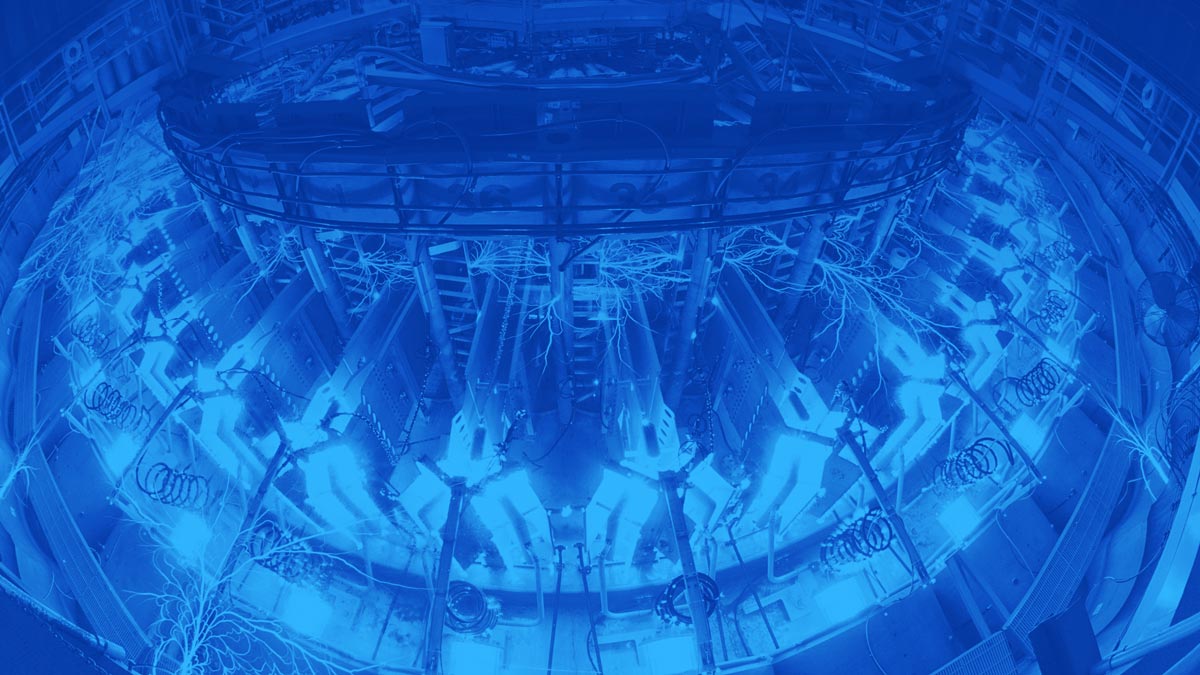Breakthrough Energy commissioned this report, “Impacts of Federal R&D Investment on the U.S. Economy,” from PricewaterhouseCoopers LLP to evaluate the impact of government investment in defense, health, and energy R&D on jobs and the American economy. This analysis is particularly critical as the nation works to recover from the ongoing global COVID-19 pandemic and related economic crisis—and the report confirms that additional R&D funding will indeed spur local, state, and national economic growth.
Breakthrough Energy Report Impacts of Federal R&D Investment On the US Economy
We must make rapid technological changes now in order to stop climate change. And to do that, we must dramatically increase research and development (R&D) funding. R&D can help us avert a climate change disaster in the future and help our communities thrive today.
Key Findings
- While the greatest value of R&D is realized over the long term, federal funding in the health, energy, and defense sectors have a tangible benefit for the economy and jobs today. In 2018, public R&D investment directly and indirectly supported more than 1.6 million U.S. jobs, $126 billion in labor income, $197 billion in added economic value, and $39 billion in federal and state tax revenue.
- The 446,000 jobs directly provided by public R&D investment across the U.S. are good-paying jobs, with 83 percent higher average compensation than that in the overall economy in 2018.
- If the nation increased R&D spending to 1 percent of GDP by 2030 (approximately $315 billion per year), that investment would support 3.4 million U.S. jobs and add $301 billion in labor income, $478 billion in economic value, and $81 billion in tax revenue.
- R&D investment also spurs productivity, invention, and patenting activity over the long term, bringing us closer to solutions for challenges like Alzheimer’s Disease and cancer as well as climate change.
The findings of this study send a clear message about the tremendous impact federal funding can have on R&D. Unfortunately, fully 75 percent of the clean technologies we need to reach net-zero are still in the early stages of development.
We need to invest in R&D now—to create good jobs, make a down payment on America’s long-term economic health and competitiveness, and position ourselves to address the greatest challenges of our time, especially climate change.

